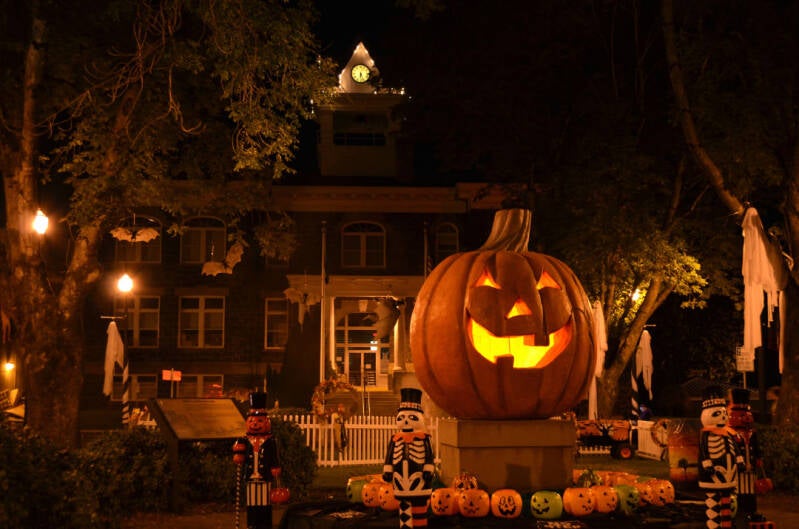Life In the Iron Mills, by Rebecca Harding

Life in the Iron Mills, is an American Literature book by Rebecca Harding, 1861. It tells how life was back then in the old days of America. Working in the mills and laboring. A great story to tell.
"This is what I want you to do. I want you to hide your disgust, take no heed to your clean clothes, and come right down with me—here, into the thickest of the fog and foul effluvia. I want you to hear this story."
"A cloudy day: do you know what that is in a town of iron-works? The sky sank down before dawn, muddy, flat, immovable. The air is thick, clammy with the breath of crowded human beings. It stifles me. I open the window, and, looking out, can scarcely see through the rain the grocer's shop opposite, where a crowd of drunken Irishmen are puffing Lynchburg tobacco in their pipes. I can detect the scent through all the foul smells ranging loose in the air."
On a normal day, by Rebecca Harding. She writes very descriptive and her writing style in American literature is enjoyed by many people. 1861. The town, a small town in U.S.A., depicting the life of the townspeople working in the mills and earning a living. On their free time, hanging out at bars, and clubs. Reading her book again takes me into another world.
April issue 1861
Rebecca Harding went school. Cambridge University I think. I'll need to check. She was a writer. All the way back then. She writes about modern day athletics, laborers, anybody into that stuff labor. Politicians fits here too. This particular story is not that long. She has other short stories. Her typical day in the life of a writer. Washington Female Seminary school, in Pennsylvania. She was the valedictorian. Her most prized work, Life In the Iron Mills. I'm reading it again. But I like her because she's smart. She's the boss. "Come down right here-...with me" So she's the boss.




"There was no warmth, no brilliancy, no summer for this women; so the stupor and vacancy had time to gnaw into her face perpetually. She was young, too, though no one guessed it. So the gnawing was fiercer." Rebecca Harding.
"May stopped, heated, glowing with his own magnanimity. And it was magnanimous. The puddler had drunk in every word, looking through the Doctor's flurry-, and generous heat, and self-approval, into his will, with those slow, absorbing eyes of his. “ Make yourself what you will. It is your right.” “ I know,” quietly-. “ Will you help me ? ” Mitchell laughed again. The Doctor turned now, in a passion,— “ You know, Mitchell, I have not the means. You know, if I had, it is in my heart to take this boy and educate him for ”------ “ The glory- of God, and the glory of John May.” Rebecca Harding.
"Oh, my dear! You remember that man I told you of, that two saw at Kirby’s mill V — that was arrested for robbing Mitchell? Here he is; just listen: — ‘ Circuit Court. Judge Day. Hugh Wolfe, operative in Kirby & John’s Loudon Mills. Charge, grand larceny. Sentence, nineteen years hard labor in penitentiary.’—Scoundrel ! Serves him right! After all our kindness that night! Picking Mitchell’s pocket at the very time !” Rebecca Harding.
The story ends when Deborah, who is in prison too, must bury her friend Hugh Wolf. Who died in prison. Stealing money, he got sentenced to 19 years in the penitentiary. This was Rebecca telling her story in Life in the Iron Mills.


Create Your Own Website With Webador